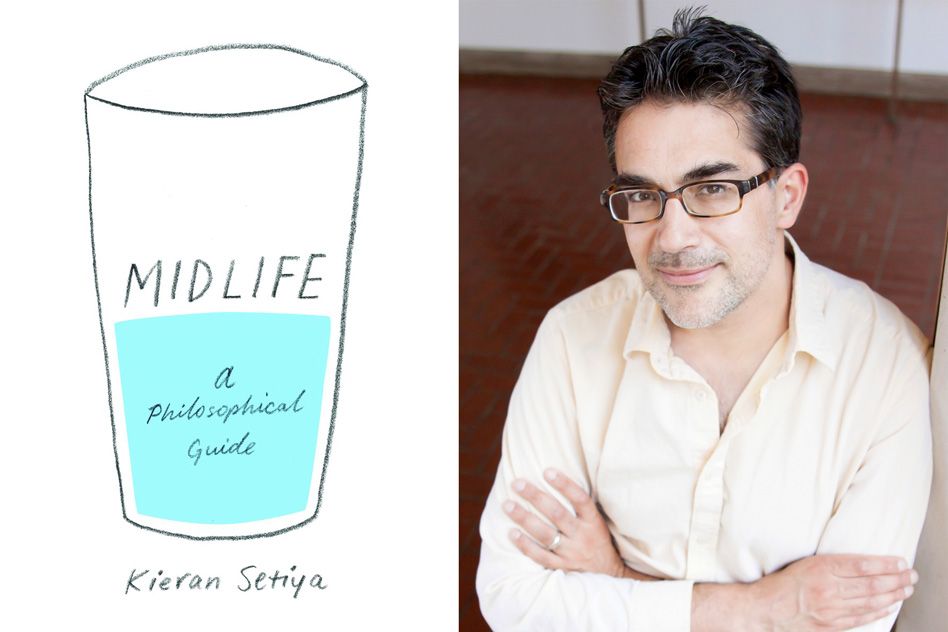
Metadata
- Author: Peter Dizikes
- Full Title:: How philosophy can solve your midlife crisis
- Category:: 🗞️Articles
- Document Tags:: ✍️ Déjame sin trabajo, por favor, philosophy, >> Book backlog
- URL:: https://news.mit.edu/2017/how-philosophy-can-solve-your-midlife-crisis-1003
- Finished date:: 2023-05-14
Highlights
Indeed, “Midlife” has a clear prescription for living well. Setiya believes Atelic activities— things we enjoy for their own sake — make us fulfilled. Too often, he states, we are consumed with “telic” activities: goal-driven projects that leave us unsatisfied in the present. (The terms derive from “telos,” the Greek word for “goal.”) “What really matters is that some important things in your life, things you regard as sources of meaning, are atelic,” Setiya says. “Reading, or walking, or thinking about philosophy, or parenting, or spending time with your friends or family are activities that don’t have an endpoint built in. (View Highlight)
Both Mill and Schopenhauer questioned the project-driven life, with Schopenhauer arriving at the bleak conclusion that a life of finite goals would leave us perpetually reliving the past or focused on the future, but never satisfied in the present. (View Highlight)
Moreover, the distinction between atelic and telic activities is not total. A goal-oriented project can still be intrinsically fun — think of a teacher who helps students learn certain things but aims for everyone to enjoy the classroom. That experience is both atelic and telic. (View Highlight)
most of us will never become movie stars or famous athletes or try all the careers we once found intriguing. We will never visit all the places we want to see or befriend everyone we wanted to know better. However, Setiya suggests, this is just “a recognition of the richness of valuable things in the world.” Feeling regret in this sense is better than feeling nothing. (View Highlight)